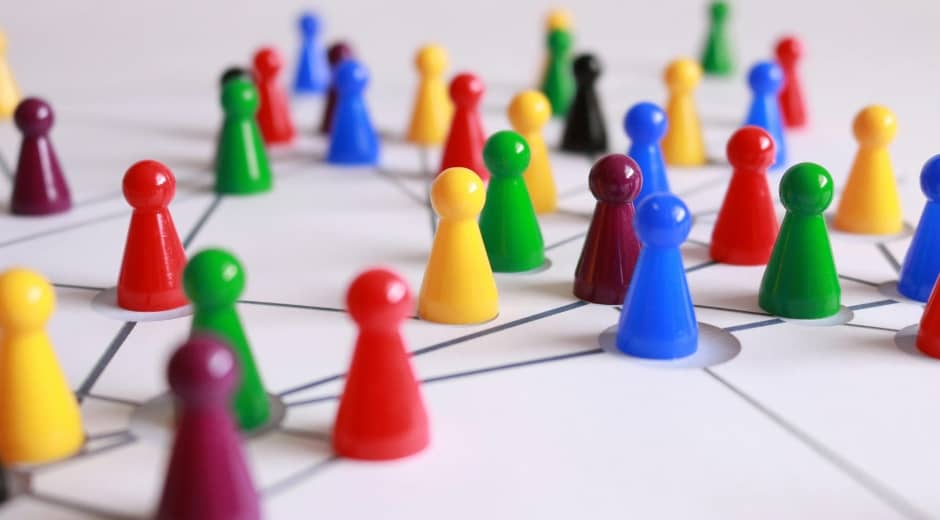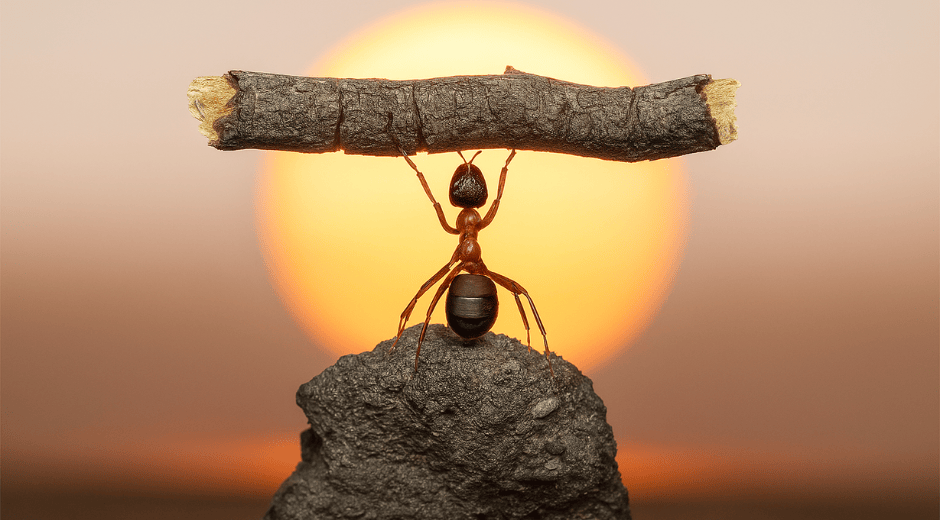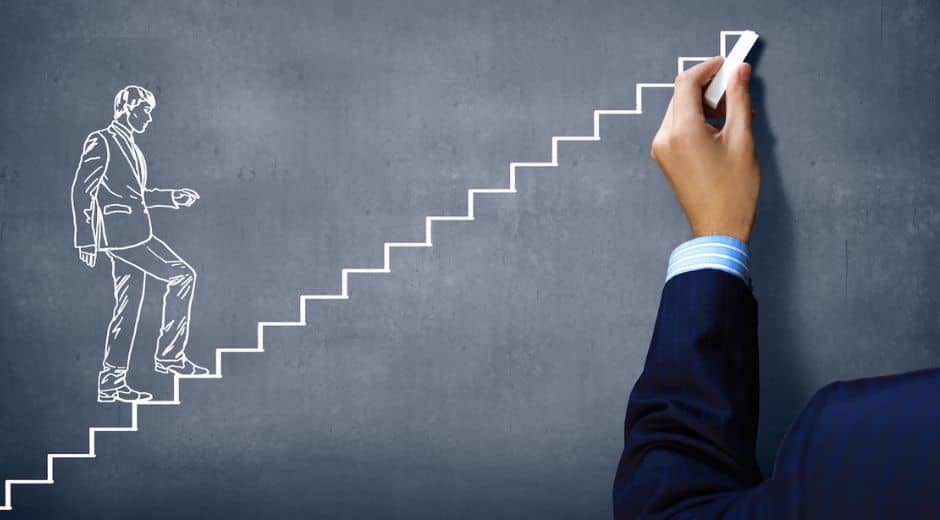Self-Discipline: The Foundation of True Growth and Long-Term Success
Every successful person shares one common trait, and it’s not luck or genius, it’s self discipline. This simple yet powerful quality determines whether we stay on track when motivation fades, whether we follow through on our plans, and whether we grow beyond our comfort zones. In a world filled with distractions, mastering self-discipline has become one of the most valuable skills for personal and professional development.
1. Why Self-Discipline Matters More Than Motivation
Motivation comes and goes. One day you wake up inspired, ready to take on the world, and the next you struggle to start your tasks. That’s where self-discipline comes in. It’s the force that keeps you consistent even when you don’t feel like working.
People who rely only on motivation tend to stop when challenges appear, but those with self discipline build habits that carry them through uncertainty. It’s not about being perfect, it’s about showing up every day and doing what matters most.
2. The Science Behind Self-Discipline
Studies from institutions like Harvard Business Review show that individuals with higher levels of self discipline tend to achieve better results in education, business, and health. The reason is simple: discipline reduces impulsive decisions and increases focus.
When you practice self discipline, your brain strengthens its ability to delay gratification. This means you can resist short-term pleasures for long-term gains, which is a defining trait of every successful individual.
3. How Self-Discipline Shapes Personal Growth
Growth requires consistency, and consistency is built through self-discipline. Whether you’re learning a new language, building a business, or training for a marathon, progress depends on your ability to stay committed.
Discipline gives you structure, helps you prioritize, and teaches you to manage your time. It’s not about forcing yourself to do things you hate, but about making steady progress toward what truly matters.
4. The Connection Between Self-Discipline and Freedom
Ironically, self discipline doesn’t limit your freedom, it creates it. When you control your impulses and manage your time, you gain freedom from chaos, procrastination, and regret. People often mistake discipline for restriction, but it’s the opposite, it allows you to live life on your own terms.
By mastering self discipline, you gain control over your choices and energy. You start saying no to distractions and yes to purpose.
5. Practical Steps to Build Self-Discipline
Building discipline is not about strict routines or punishment, it’s about developing systems that make good decisions automatic. Here are proven methods to start:
Set small daily goals: Focus on one habit at a time.
Create routines: Structure eliminates decision fatigue.
Track your progress: Seeing results reinforces commitment.
Remove distractions: Control your environment, not your willpower.
Reward yourself: Celebrate small wins to stay motivated.
You can also explore our own guides on habit-building strategies directly on StudySkillUp, where we share step-by-step methods for consistent personal improvement.
6. The Role of Environment in Self-Discipline
Your surroundings influence your actions more than you think. A cluttered workspace or constant phone notifications can easily derail your focus.
Design your environment to support discipline. Keep your workspace clean, schedule breaks intentionally, and limit exposure to distractions. When your environment aligns with your goals, discipline becomes natural.
7. Self-Discipline in Professional Life
In the workplace, self discipline separates average performers from leaders. Employers value employees who can manage their time, stay reliable, and deliver consistent results without supervision.
Remote workers, entrepreneurs, and freelancers especially rely on discipline to maintain productivity. Without the structure of a traditional office, self discipline becomes the invisible framework that keeps everything running smoothly.
8. The Emotional Side of Discipline
Many people fail to build self discipline because they associate it with pressure or guilt. The truth is, discipline works best when paired with self-compassion.
When you fail to meet your goals, avoid self-criticism. Instead, analyze what went wrong and make adjustments. Discipline is not about punishment, it’s about growth through awareness.
9. Turning Self-Discipline Into a Daily Practice
Discipline is like a muscle, it strengthens with use. Start small, maybe by committing to read for ten minutes daily or to wake up at the same time each morning.
Over time, these actions compound into larger transformations. You become more confident, more focused, and more capable of achieving what once felt impossible.
10. Long-Term Impact of Self-Discipline
The compounding effect of self discipline can transform every area of your life. Financial stability, better health, and successful relationships all depend on your ability to stay consistent.
Even creativity thrives under disciplined habits. Writers, artists, and innovators often credit routine and structure as the foundation for their breakthroughs.
To find new tools and resources for self-improvement, check AICI SCHIMBI SITEUL, where we regularly update trusted recommendations and personal growth strategies from around the world.
11. Final Thoughts: Growth Built on Consistency
Self discipline is the silent force behind every achievement. It may not be glamorous or exciting, but it’s the one thing that guarantees progress. When you learn to master it, you no longer depend on fleeting motivation, you build a foundation of reliability and growth.
The truth is simple: discipline gives you power. It helps you take control of your time, transform your habits, and unlock your potential. The path to success is not about speed, but consistency, and self discipline is what keeps you walking even when the road gets steep.
Education Made Simple

Study Focus Techniques That Actually Work
Study Focus Techniques That Actually Work

Learning Skill Awareness For Smarter Study Choices
Learning Skill Awareness For Smarter Study Choices












